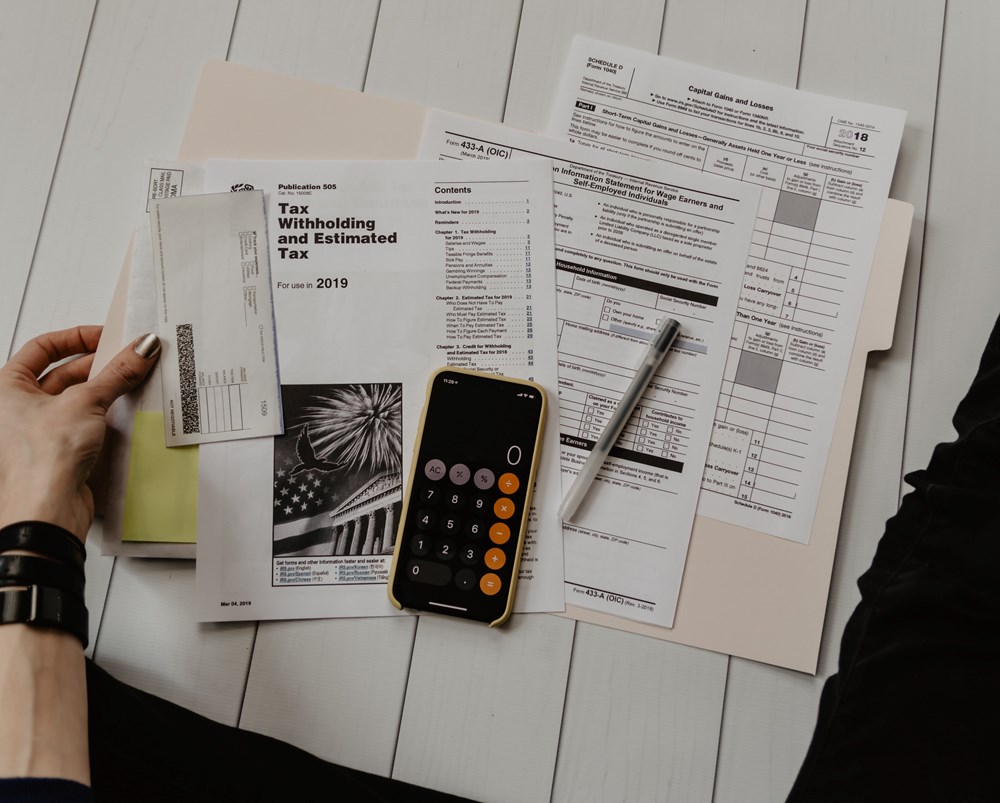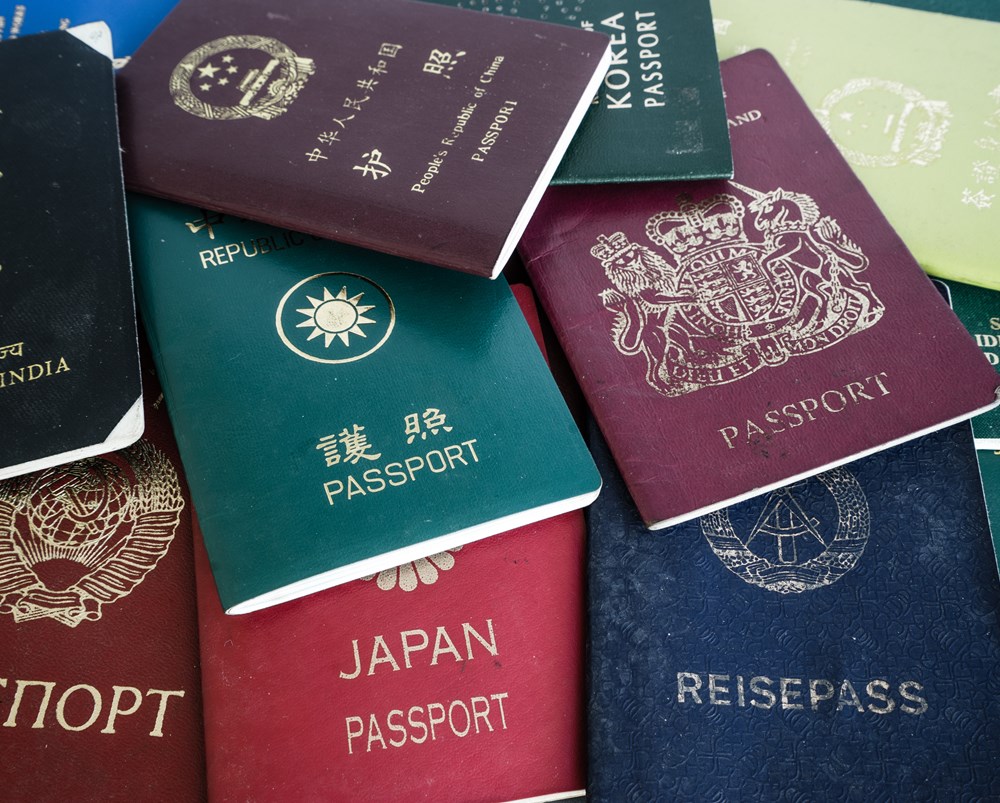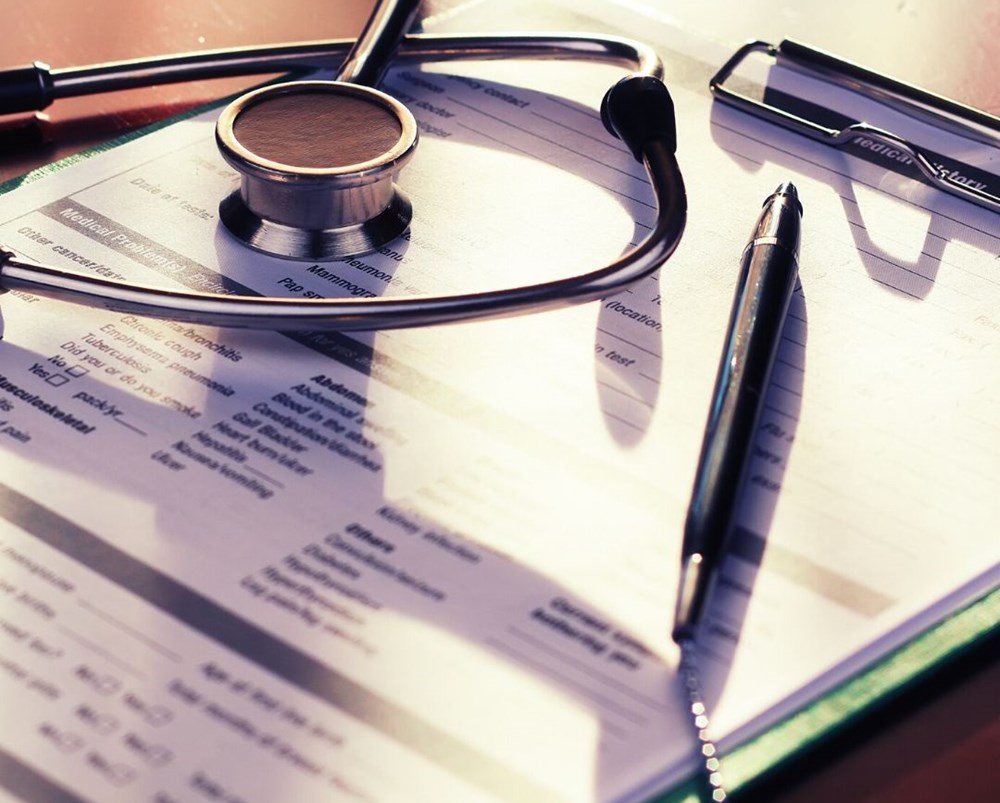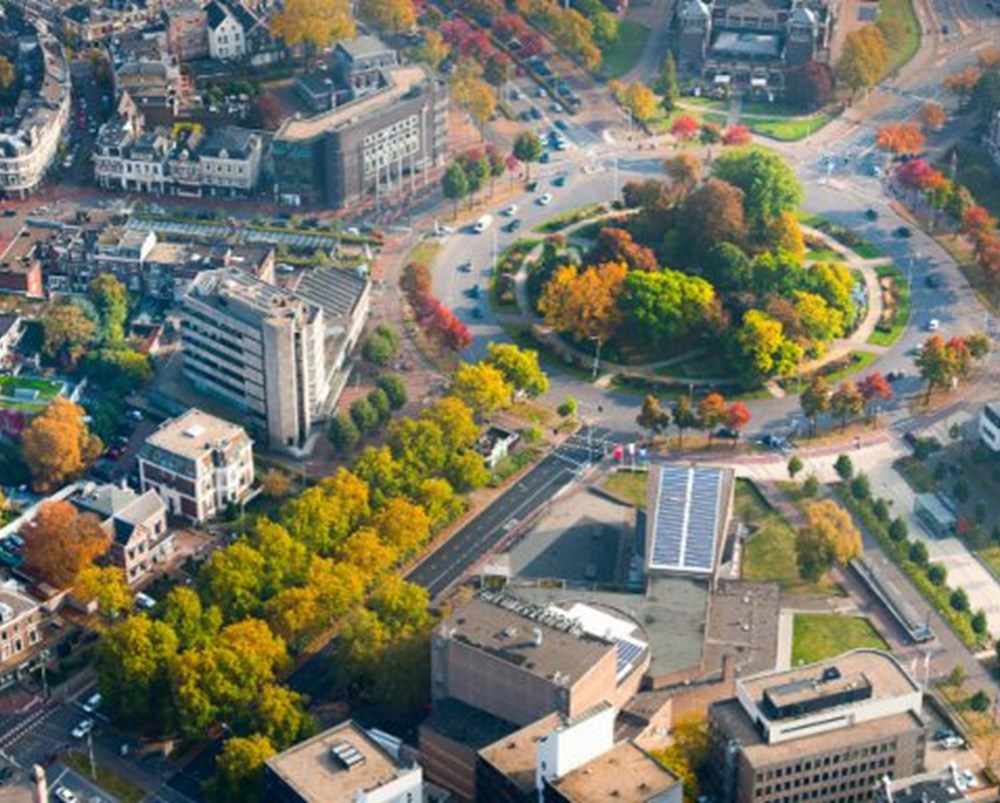Banking, Currency, and Payment in the Netherlands
In this article we’ll take a quick look at how to go about opening a bank account in the Netherlands, what you need to be able to do so, and the most commonly used payment methods among the Dutch.

Currency
The Netherlands has been a member state of the Economic and Monetary Union (EMU) since 1999, and therefore its currency is the Euro. Even though a lot countries share this common currency, payment methods and the way to set yourself up financially as a resident, might vary from country to country. In this article we’ll take a quick look at how to go about opening a bank account in the Netherlands, what you need to be able to do so, and the most commonly used payment methods among the Dutch.
Opening a bank account
When living and working in the Netherlands, you will need an IBAN bank account. A Dutch bank account will make your life in the Netherlands even easier. You will need an IBAN account (preferably a Dutch one) for your internet provider, so you can have wifi in your new home and your mobile phone provider, so you can have a Dutch SIM, amongst other things.
To open up a bank account in the Netherlands you need:
- Proof of identity (passport or ID card)
- Proof of address
- A citizen service number (‘burgerservicenummer’ - BSN) – click here to read more about BSN
- Proof of income
Upon meeting these requirements, you’ll be able to open up a bank account with any bank in the country. There are many banks you could use. They all provide Internet banking services, offer options such as savings accounts and enable international bank transfers. Not all the banks have translated their webpages into English, Although it’s always wise to choose a bank that suits your own preferences, keep in mind that ABN Amro & BUNQ are the ones that offer the most information in English.
For students from outside the EEA BUNQ offers the possibility to register a BSN within 90 days after opening your bank account. This could be useful, since the BSN can usually only be applied for in the country itself. Besides, there are a number of housing corporations that require a bank account for a house or student room. In this way, you could get your bank account and a place to live before coming to the Netherlands!
We highly recommend you get a BSN, but in case you’re not in possession of a BSN, N26 is a good alternative. This digital banking firm provides mobile app-based current accounts and allows you to do your banking without proof of address or a citizen service number. N26 does require you to provide an address for them to deliver your debit card to.
Regardless of whether you’re opening a bank account as a permanent resident or a temporary one, make sure to enquire about the different terms and conditions that apply to your specific scheme.
Bank Cards and Payment Methods
Once you’ve secured a bank account, it’s time to start using it! The vast majority of people use their debit card on a daily basis (probably even multiple times a day). The use of cash is in rapid decline in the Netherlands, and an increasing number of restaurants and shops have a no-cash-in-counter policy, so it’s no surprise that most people have their debit cards on constant stand-by. Most banks offer a well-developed online banking system, and contactless smartphone payment is also becoming increasingly more popular. Credit cards are not common in daily Dutch life; you won’t even be able to use one in most supermarkets, although restaurants usually do allow them.
It is important to make sure that your foreign cards include an EMV chip as relying on signing or the magnetic strip may not be sufficient to carry out a transaction. Maestro cards are generally compatible with automated machines, while in the Netherlands Visa cards may not always work.
iDEAL is an online payment method by debit card that is used by the vast majority of people. And as the Dutch are renowned for ‘going Dutch’ and splitting bills, banks have also found a solution for that: send your friends a ‘tikkie’! You can send one of these payment requests via WhatsApp for instant repayment.
At ATM’s or cash machines you can draw out cash from your current account. At some machines you can also deposit cash into your account. ATM's in the Netherlands accept a wide range of foreign and Dutch debit and credit cards. Although an ATM will usually belong to one of the major Dutch banks, in most cases you can draw out money from any major national or international bank. You can find ATM's at banks, supermarkets, shopping centres and other locations. Find your closest ATM by typing ‘ATM near me’ into your favorite search engine and it will give you a list of ATM’s located close to you.
More information
Do you want more information about finances in the Netherlands general? Our following partners are specialized in international high potentials, expats and entrepreneurs;
- ABN AMRO, for information about banking and financial products
- Expat Mortgages, for more information about mortgages and property





